DHAKA, Jan 22, (V7N) – The air quality in Bangladesh's densely populated capital, Dhaka, ranked as the second worst in the world, recording an Air Quality Index (AQI) score of 518 at 8:16am on wednesday morning.
Classified as “Hazardous,” this air quality level indicates extremely poor conditions and poses an emergency health warning, especially for vulnerable groups, according to the AQI index.
Global AQI Rankings
1st: Sarajevo, Bosnia Herzegovina - AQI 528
2nd: Dhaka, Bangladesh - AQI 518
3rd: Kinshasa, Democratic Republic of the Congo - AQI 310
4th: Kolkata, India - AQI 292
AQI Classification
Moderate (50–100): Sensitive individuals should limit prolonged outdoor exertion.
Unhealthy for Sensitive Groups (101–150): Increased caution advised.
Unhealthy (150–200): Health warnings for all, especially sensitive groups.
Very Unhealthy (201–300): Severe health warnings; reduced outdoor activity recommended.
Hazardous (301+): Emergency health warnings; all residents may face adverse effects.
Pollutants Monitored in Bangladesh
The AQI in Bangladesh measures five key pollutants:
1. Particulate Matter (PM10 and PM2.5)
2. Nitrogen Dioxide (NO2)
3. Carbon Monoxide (CO)
4. Sulfur Dioxide (SO2)
5. Ozone (O3)
Dhaka’s air quality worsens during winter due to lower rainfall and stagnant weather conditions, but it improves during the monsoon. According to the World Health Organization (WHO), air pollution causes an estimated seven million deaths annually, contributing to diseases like stroke, heart disease, chronic obstructive pulmonary disease, lung cancer, and acute respiratory infections.
END/CLM/RH/



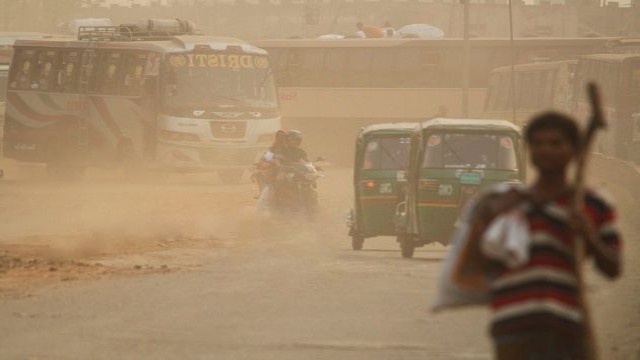

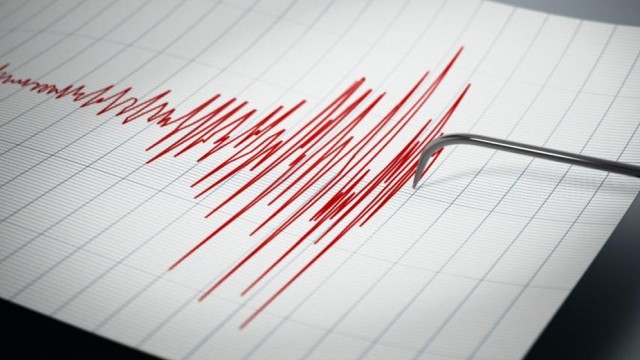
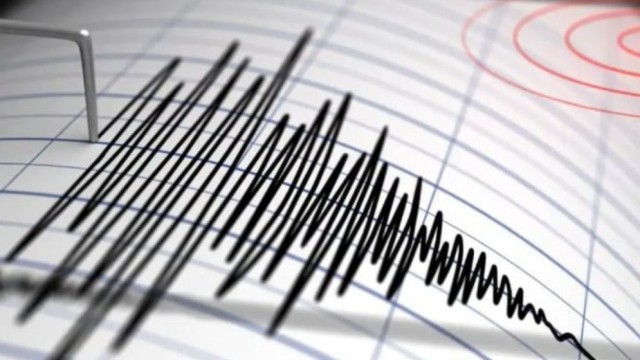
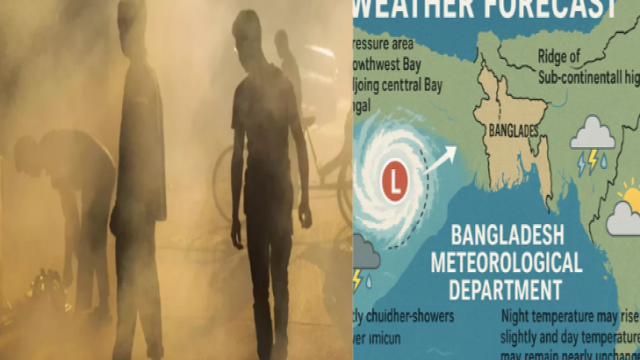
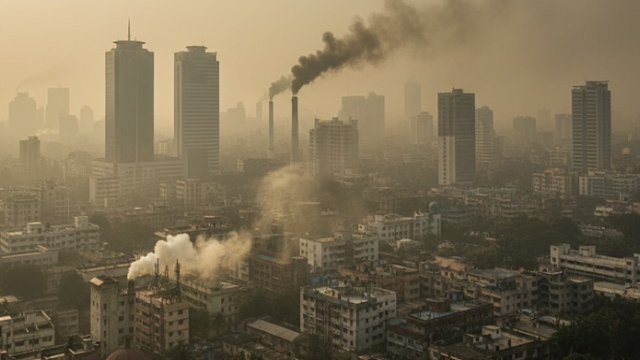



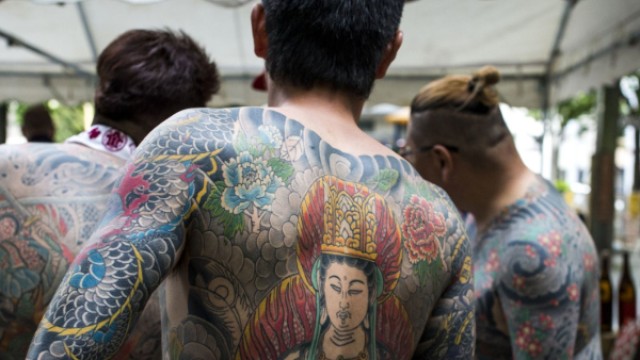

















Comment: